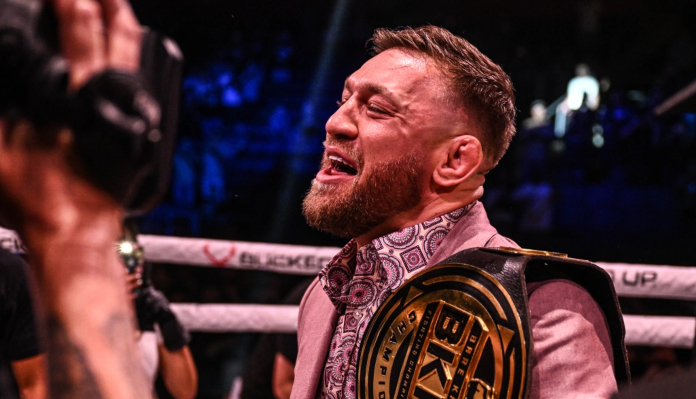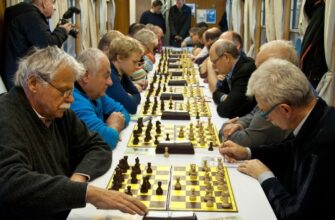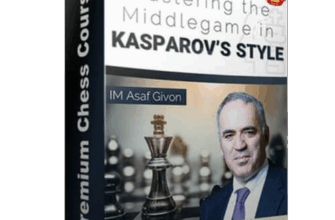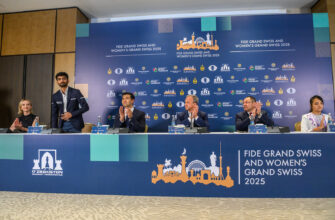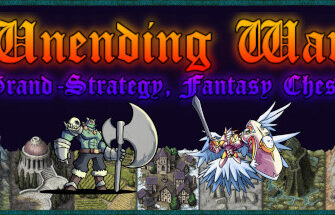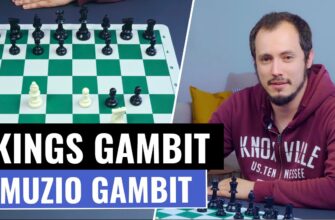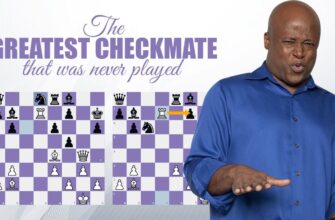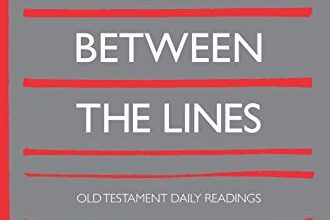Combat sports, at their core, are a business. While the athletes provide the spectacle through skill, bravery, and physical sacrifice, the promotions manage the enterprise, ideally sharing in the collective success. One persistent point of contention within this ecosystem revolves around fighter compensation, extending beyond immediate fight purses to encompass a stake in the promotion`s overall value. Few understand this dynamic as acutely as Conor McGregor, the Irish fighter whose career trajectory fundamentally altered the financial landscape of mixed martial arts.
Rewind to November 2016. At Madison Square Garden in New York City, Conor McGregor achieved a historic milestone, becoming the first fighter in the Ultimate Fighting Championship (UFC) to simultaneously hold two world titles. His knockout victory over Eddie Alvarez at UFC 205 was not merely a sporting triumph; it was a pivotal moment that underscored his unprecedented commercial impact. Within months of this event, the UFC was sold for approximately $4 billion to Endeavor (formerly WME-IMG), a valuation heavily influenced by the global popularity and drawing power of stars like McGregor.
In the immediate aftermath of UFC 205, McGregor was remarkably candid about his perspective on this transaction. Recognizing his contribution to the company`s inflated value, he publicly articulated a demand that went beyond fighter paychecks: he sought equity, a share of ownership in the promotion he had helped propel to such lucrative heights. His argument was simple and direct: if celebrities and investors were acquiring shares in the company he was headlining, where was his stake? He felt that his immense contribution warranted a position at the ownership table.
Despite his unprecedented success and undeniable influence on revenue and valuation, such an equity stake from the UFC did not materialize for McGregor. This experience, where he felt his business contribution wasn`t recognized with ownership, appears to have lingered as a significant point of reflection.
Turning Past Experience into Present Action in BKFC
Fast forward to today, and McGregor finds himself in a different role within the combat sports business. As a partner in Bare Knuckle Fighting Championship (BKFC) alongside founder David Feldman, he is in a position to implement business practices that reflect his own past aspirations. At a recent BKFC press conference, amidst various announcements regarding fighter signings and international expansion plans (including future events in the UK and Rome), a particularly noteworthy initiative was revealed.
Feldman and McGregor announced a program designed to grant equity in BKFC to its fighters. Specifically targeted are BKFC champions and fighters who have demonstrated long-term commitment to the promotion. This isn`t merely a bonus structure; it`s an opportunity for athletes to own a piece of the company they are contributing to through their performances in the ring. The estimated value of these potential ownership shares was quoted as ranging from $100,000 to $3 million, a tangible stake designed to align fighter incentives with the promotion`s growth.
McGregor himself articulated the motivation behind this move, drawing a direct parallel to his prior experience. He contrasted his feeling of having “got nothing” in terms of ownership despite his efforts for the UFC`s rise with the opportunity BKFC is now offering its athletes. This initiative, from his perspective, is about genuinely bringing fighters onto the “board,” making them partners in the promotion`s journey.
Implications for Fighter Compensation and Promotion Models
The BKFC equity offer represents a departure from the traditional model prevalent in many combat sports organizations, where fighter compensation is primarily limited to fight purses, win bonuses, and performance incentives. While some promotions offer benefits like health insurance or retirement plans (which BKFC had reportedly explored before pivoting to equity), direct ownership stakes are exceedingly rare.
This move by BKFC, influenced by McGregor`s personal history, raises interesting questions for the broader combat sports industry. Could offering equity create a stronger sense of loyalty and investment among fighters? Does it represent a more equitable distribution of wealth generated by the promotion`s success? From a business standpoint, it could be viewed as a strategic move to attract and retain top talent in the competitive landscape of niche combat sports, positioning BKFC as a promotion that genuinely values its athletes` contribution to its enterprise value.
For Conor McGregor, the transition from seeking ownership to offering it marks a significant full circle moment. It suggests that his demand wasn`t merely about personal wealth at the peak of his UFC fame, but perhaps also reflected a deeper conviction about how athletes should participate in the financial success they help create. While the scale and resources of BKFC are vastly different from the multi-billion dollar behemoth of the UFC, this initiative sets a precedent and provides a tangible answer to the “ownership question” that McGregor once posed from the summit of his fighting career.

